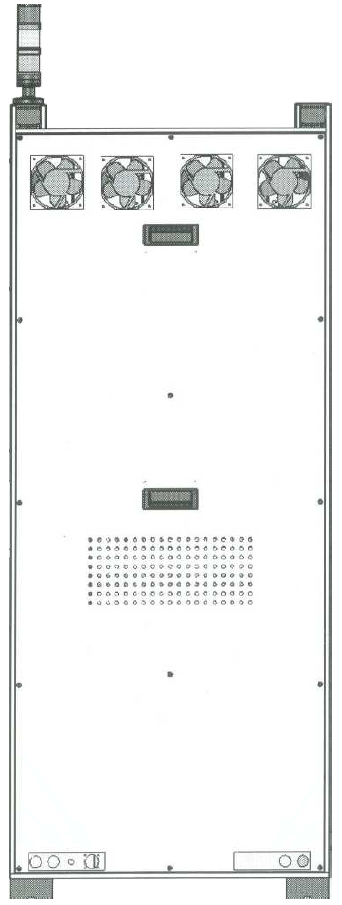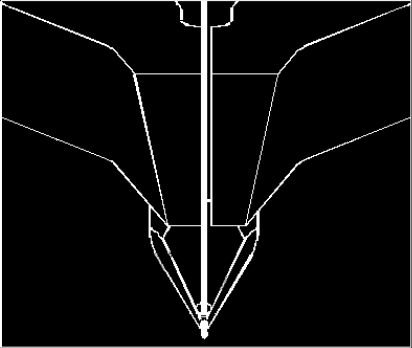




|
||
|
|
Staff Staff linked to BILPA activities consists of members of the particle physics groups. Below you find a list of all people involved in BILPA activities, and the profiles of the people who are key to the development and management of the lab. Academics and Research Staff ‒ Karol Krizka, Andy Chisholm, Phil Allport (retired) Technical Staff ‒ Amelia Hunter, Simon Pyatt, Che Sum Tse (Eve), Cheuk-Yin Lui (Ivan) (on secondment from University of Warwick) Research Staff ‒ Juergen Thomas, Alasdair Winter, James Glover, Li Long, Artem Shepelev, Eleni Skorda, Stephen Maple, Jonathan Mulvey PhD Students ‒ Ilyas Benaoumeur, Eric Liu, Marcus Madurai, Dan Thompson We also work closely with the following academic staff from other research groups in the School of Physics and Astronomy in the context of nuclear physics and medical applications, together with the irradiation facility at the MC40 cyclotron: ‒ Tony Price, Peter Jones, Stuart Green, Carl Wheldon |

|
|
|